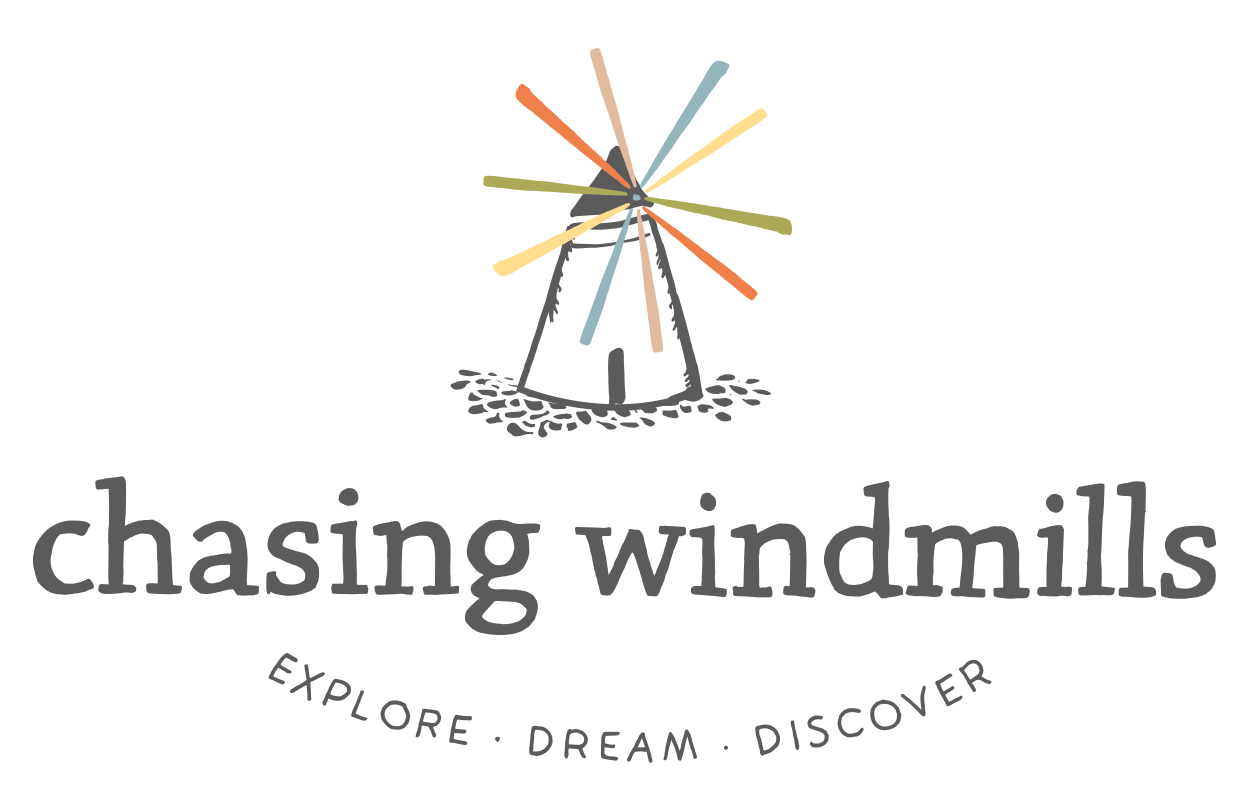“The best time to plant a tree was 20 years ago. The second best time is now.”
We embraced the wisdom of this Chinese proverb and took its literal meaning to heart by planting a few more trees in our backyard. We wish we had done it years ago. The mature trees lining the sidewalk of our home have provided our kids with hours of exploration and play this spring and summer.
From slack-lining to swinging to climbing to relaxing in the shade, our mature crabapple trees have given freely to our kids at a time when they (and we) most needed nature’s joyfulness and goodness. In return, our kids love those trees. And so do we.
The Lorax, as ever the speaker for the trees, was right all along. There is hope and power in the simple act of planting a tree, be it a truffula, honey locust, or crabapple. Our newly planted trees cannot handle the weight of a child climbing them, let alone swinging from branch to branch, but someday, they will be ready. They are beacons of promise and hope.
But sometimes hope can be hard to see, especially during the many days this past month. Our Colorado sky, usually so blue and bright, was heavy and hazy with the smoke of wildfires in the western half of our state. The Denver Post, our local newspaper, ran with this morning headline recently: “Wildfire Haze, Record Heat and Pollution Combine to Make Denver Air Quality Dangerous for All.”
This is a reminder of our collective inaction. The haze is the result, the warning, the siren.
It is too late to reverse the past twenty years, to go back in time and plant more trees, make more responsible decisions for our environment, reverse the current effects of climate change. But that doesn’t mean we should let another twenty years pass without planting the seeds for a healthier planet.
The second best time to combat climate change is now. We recognize that the world is too big — and the problem too immense — for a single person to make the entire difference. But we cannot fall into fatalistic despair. In the words of Meerna Harris, “No one could do everything. But everyone could contribute something” (from the book, Kamala and Maya’s Big Idea).
Imagine the difference we can make, collectively, when we all contribute something. To name just a few, we can:
Plant new trees;
Reduce what we consume, reuse what we love, and then recycle;
Reduce our dependence on fossil fuels and seek out clean energy solutions;
Purchase carbon offsets (we calculate our carbon footprint for our home and business energy use, and then purchase carbon offsets from TerraPass)
Drive less and bike more;
Support local farmers;
Compost our organic waste;
Pass on single-use plastics; and
Vote for the environment.
And one more thing: we can help our kids fall in love with nature. Get to know the trees, name the flowers, spot the birds, dig in healthy soils.
Because if they grow up loving nature, then they will be ready to care for our planet as they mature, as they become the sturdy trees upon which we will rely.

